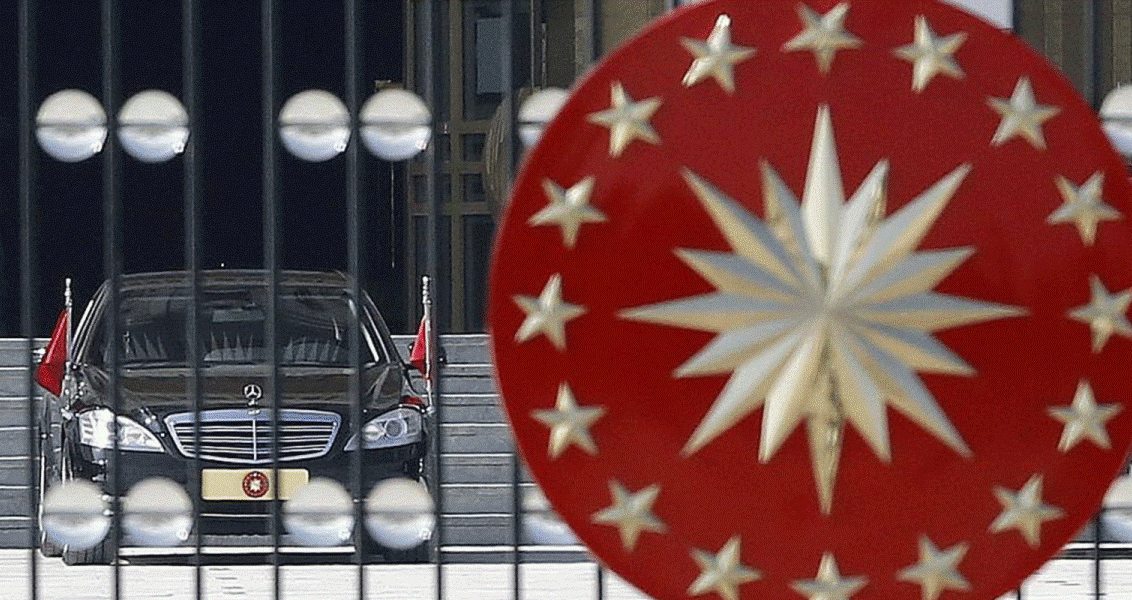When a faction within the Turkish military attempted to overthrow the country’s democratically elected government on July 15, ordinary people stepped up and established beyond doubt that they were in charge. On that fateful night, they did not just thwart a coup attempt. They also urged their political leaders to reconfigure the state. In this sense, the failed coup marked a turning point in state-society relations, which has been renegotiated since 2002.
In the wake of the Justice and Development Party’s (AK Party) rise to power, ideological transformation manifested itself in two key areas: First, the state moved from antagonizing society to normalizing its relations with the people. At the same time, officials started identifying themselves as public servants rather than members of a ruling elite. Ironically, it was the popular dissatisfaction with the nature of state-society relations that made the AK Party attractive in the first place.
Although the official ideology has undergone changes, no progress had been made regarding institutional transformation. However, the people’s response to the coup attempt and President Recep Tayyip Erdoğan’s strong leadership could pave the way for the state’s reconfiguration and restructuring in the foreseeable future. After all, there is strong support among the people for the establishment of a new political system that would prevent anti-democratic practices and the rise of a new guardianship regime in the future.
The desire for change was accompanied by a growing consensus in the political arena. At the same time, various government agencies finally agreed on the definition of national security threats. The outcome of this new consensus has been the development of a new security concept that entailed an unprecedented level of determination against terrorist groups including the PKK, FETÖ and Daesh.
Over the years, the biggest mistake made by Western colonists and their domestic collaborators was to assume that Erdoğan was just a politician. Their repeated efforts to undermine the country’s leadership ultimately failed because the people sided with their president every single time. Erdoğan, in turn, took every step along the way knowing that the electorate was the sole source of his power. On July 15, his supporters proved not only powerful but also passionately in favor of change, which makes the job of politicians more difficult but all the more important.
Obviously, some people are extremely unhappy about the country’s direction. Nowadays, Turkey’s adversaries desperately want us to waste this once-in-a-lifetime opportunity. To be clear, the country cannot realize its full potential unless true patriots act in a responsible and careful manner. Regardless of the obstacles ahead, Turkey’s political leaders have an obligation to the people to create a new system of government and restructure the state. July 15 marked the beginning of an era of closer dialogue between politicians and the electorate.
[Daily Sabah, December 01, 2016]
In this article
- Domestic Policy
- Opinion
- 2002
- 2016
- DAESH
- Daily Sabah
- Domestic Policy
- Fethullah Terrorist Organization (FETÖ)
- Gülen Movement
- Gülenist Terror Organization
- Hizmet Movement
- Kurdistan Workers' Party Terrorist Organization (PKK)
- PKK - YPG - SDF - PYD - YPJ - SDG - HBDH - HPG - KCK - PJAK - TAK - YBŞ
- Presidentialism
- Recep Tayyip Erdoğan
- Terror
- The President of the Republic of Türkiye
- Turkish President
- Türkiye's Justice and Development Party | AK Party (AK Parti)
- United States (US)
- Western World



